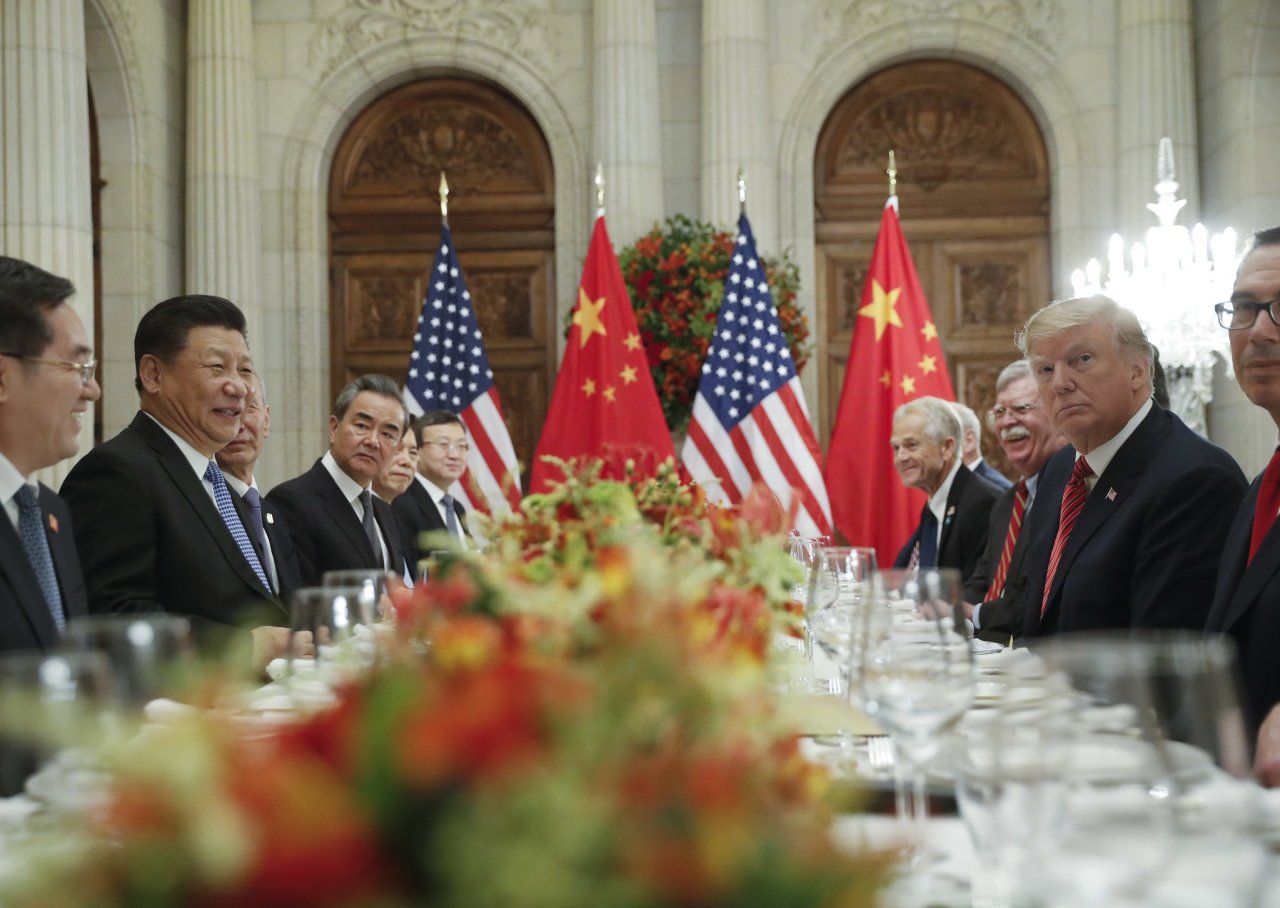South Korea’s benchmark Kospi shed 7.34 percent in May alone, according to the Korea Exchange on Tuesday, its largest monthly loss since October last year.
The main bourse’s lackluster performance last month is fueling concerns among investors still recovering from the shock in October, when the stock market experienced the steepest monthly decline in a decade.
 |
(Yonhap) |
At that time it shed 13.37 percent, weighed down by the US’ decision to implement 10 percent tariffs on $200 billion worth of Chinese imports as part of the ongoing trade war between the G2 nations.
With the trade war having only escalated since, dampened sentiment led overseas investors to net sell 2.6 trillion won worth of Kospi shares last month, according to data released Sunday by the Korea Financial Investment Association. It was the largest selling spree since October, when they dumped nearly 4 trillion won worth of shares.
Foreigners, meanwhile, net purchased a record-high 10 trillion won worth of Korean bonds in the same period -- a sign that unwillingness to make high-risk investments has become a persistent mood among global investors.
According to the KRX on Monday, 129 firms listed on the main Kospi bourse sank to 52-week lows in May. The number has almost doubled since January, when 86 Kospi-listed firms saw their shares plummet to 52-week lows.
Analysts are recommending that local investors turn their eyes to foreign developed-market stocks and bonds in the meantime.
“From the viewpoint of local investors, Korean stocks and bonds are currently high-priced and rewards for high-risk investments are not expected to be big in the long term,” said Jung Hyeon-jong, an analyst at Korea Investment & Securities.
“Increasing the size of developed market stocks and bonds, while cutting back on local investments, is a necessary option,” he added.
But they also projected that the market would rebound to a certain level this month, with the US Federal Reserve expected to maintain its dovish stance.
“The concerns surrounding the US-China trade dispute have increased the probability that the European Central Bank and the Fed will maintain a dovish stance regarding interest rate hikes,” Seo Sang-young at Kiwoom Securities said.
“The planned meeting between US President Donald Trump and his Chinese counterpart, Xi Jinping, on the sidelines of the upcoming June 28-29 G20 summit will also have a positive impact on the market,” he added.
By Jung Min-kyung (
mkjung@heraldcorp.com)








